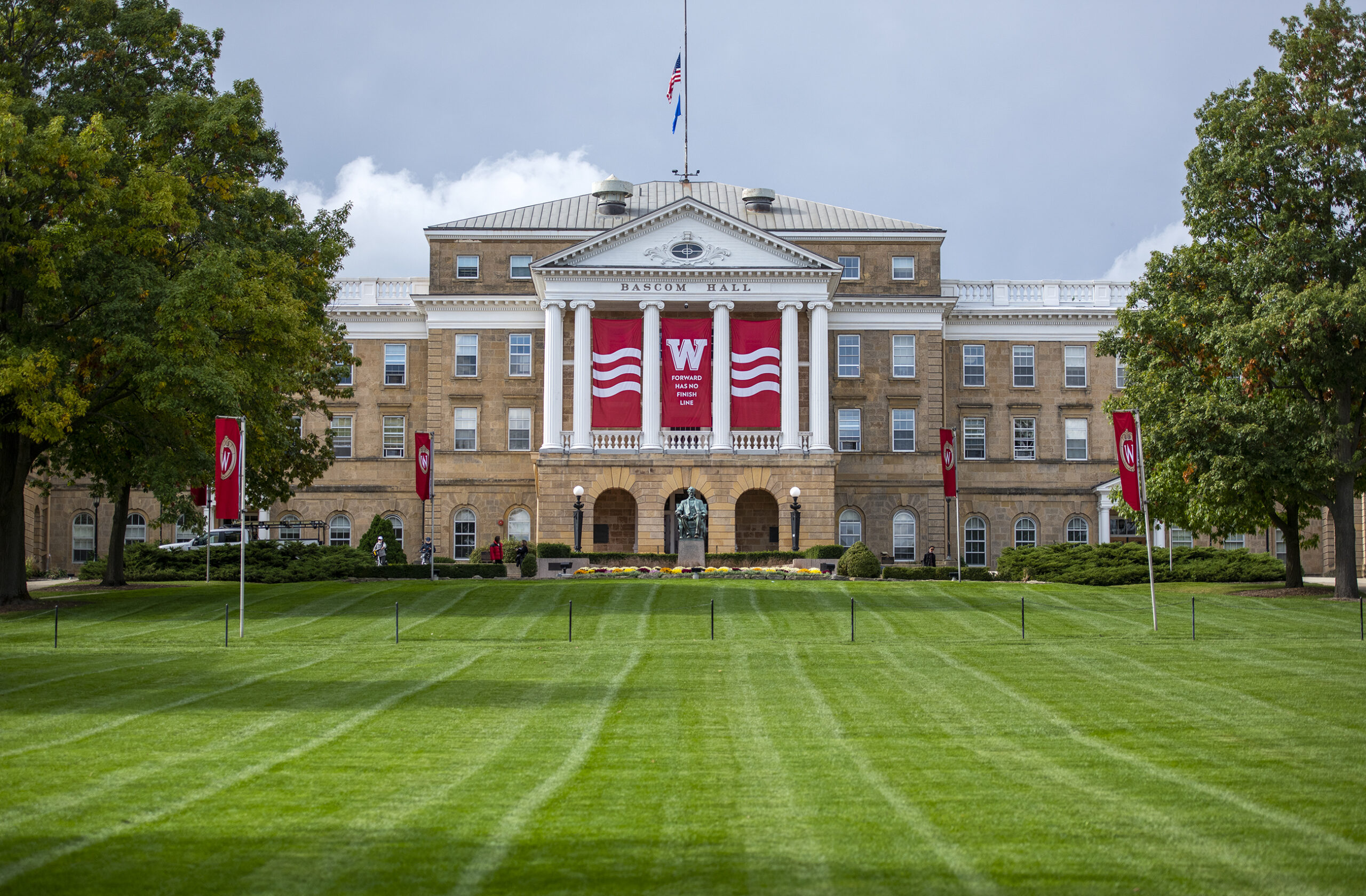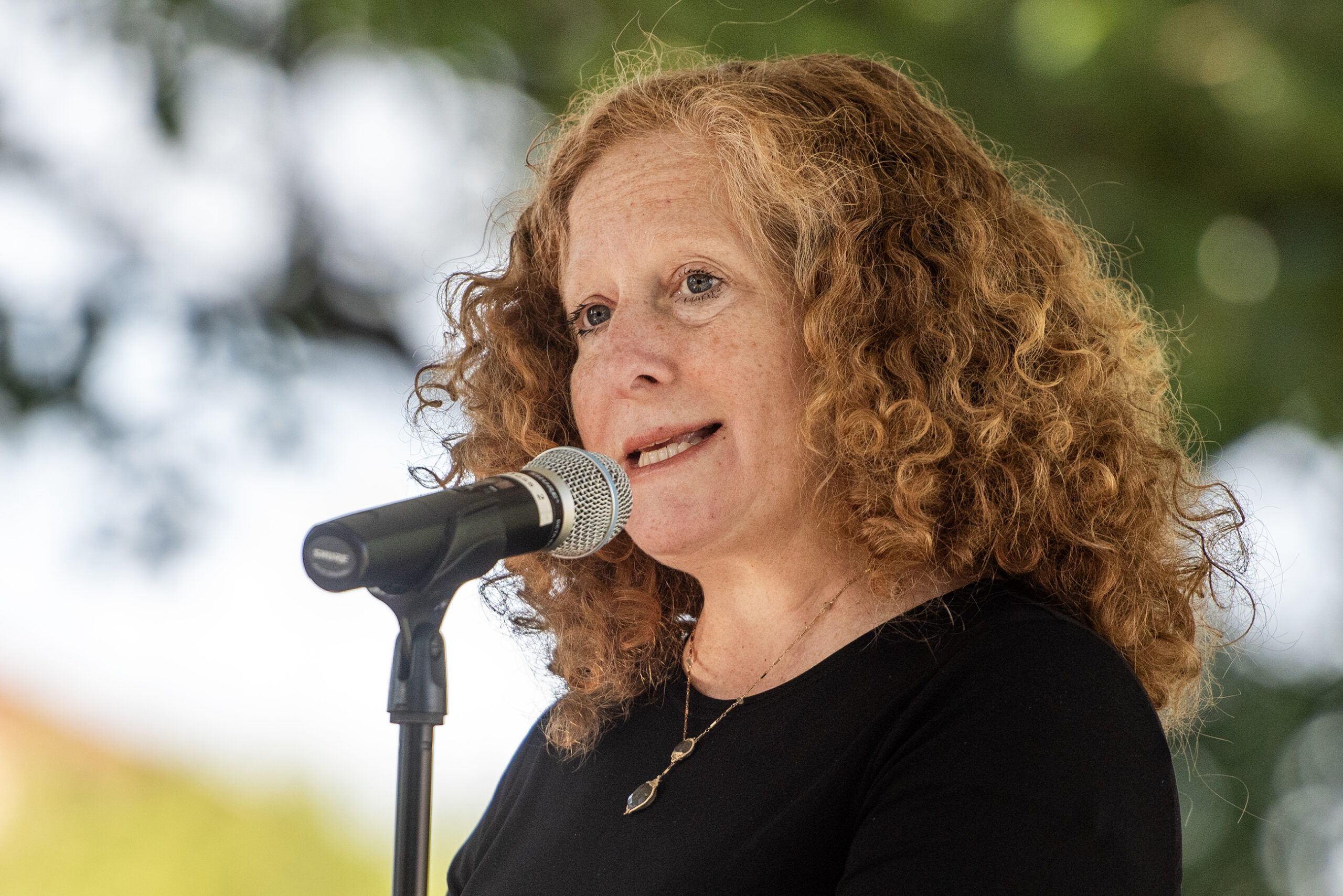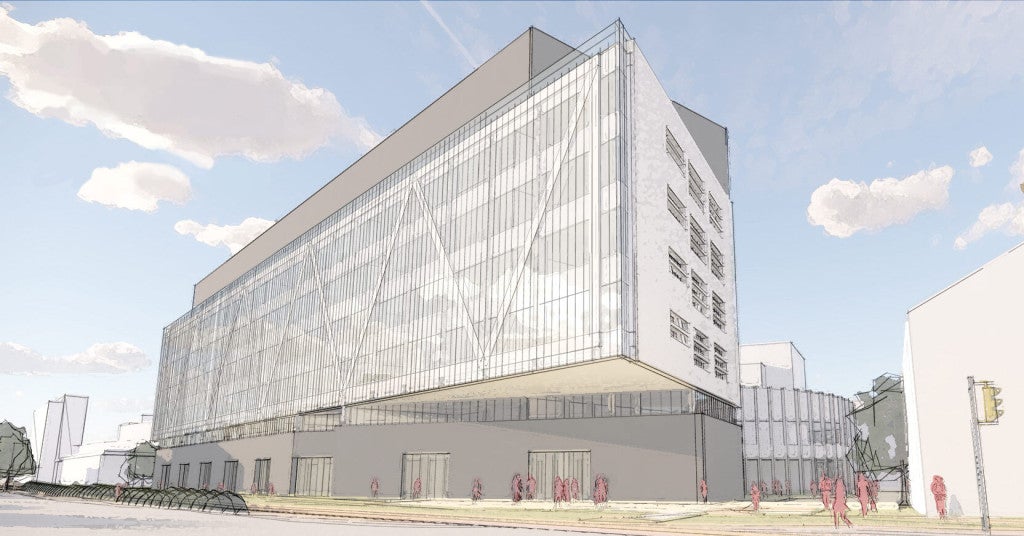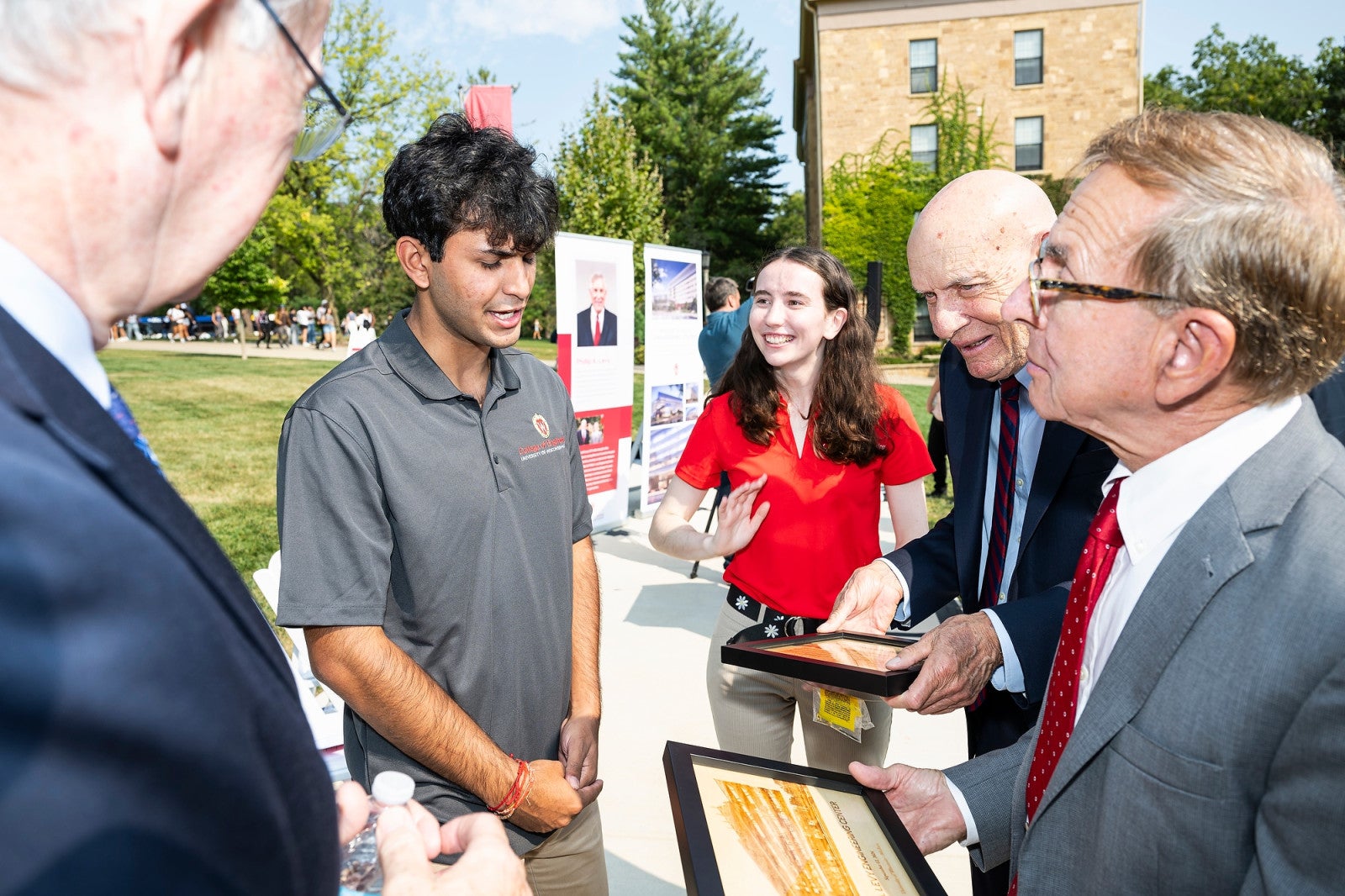The leader of Wisconsin’s flagship state university is hopeful for the end of a blockade on university staff pay hikes after a top-ranking Republican in the state Legislature signaled support this week for the raises.
“I really hope we can find a pathway through this,” University of Wisconsin-Madison Chancellor Jennifer Mnookin said in an interview Tuesday on WPR’s “The Larry Meiller Show.”
A day earlier, Senate Majority Leader Devin LeMahieu, R-Oostburg, told WisconsinEye he opposes Assembly Speaker Robin Vos, R-Rochester, blocking a 6 percent pay increase for about 34,000 employees at state universities until campuses eliminate diversity, equity and inclusion programs.
Stay informed on the latest news
Sign up for WPR’s email newsletter.
“They’re just going in and doing their jobs, cutting the grass or doing maintenance or whatever,” LeMahieu said. “And so, with the inflation that’s going on, I think I would like to get that done sooner rather than later.”
Vos co-chairs the Legislature’s Joint Committee on Employee Relations, which in October approved raises for all state employees except those at the Universities of Wisconsin. LeMahieu is a member of the committee.
Democratic Gov. Tony Evers is suing Republican legislators, saying they are “unconstitutionally and unlawfully obstructing basic government functions.”
Mnookin told WPR she strongly believes UW employees deserve raises, so they can better handle the effects of inflation. Approving raises for other state employees but leaving out university workers “doesn’t feel right to me,” she said.

Diversity on campus
Asked about GOP opposition to diversity, equity and inclusion programs at state universities, Mnookin said the concern appears to be over campuses lacking diversity in political thought and lacking attention to the needs of some students.
“We have put more energy into the question of how we can make some of our students from traditionally underrepresented and marginalized racial groups feel comfortable on campus than we have … into how we can make rural students feel a sense of belonging on campus,” she said. “Both matter. It doesn’t have to be one or the other, and I think it’s fair to ask us whether we’re doing as much as we can, as well as we can, across the full panoply of backgrounds, identities and experiences.”
Mnookin said protecting and advocating for free speech — as a value and legal responsibility — can be tricky when some speech clashes with ensuring all students feel a sense of belonging.
“I sometimes like to say that college should be a blend of safe spaces and brave spaces,” she said. “You should absolutely have the spaces where you feel really comfortable and taken care of. But some degree of real engagement across difference and even discomfort is and can be part of the learning process.”
Buildings and budgets
In addition to the blockade on employee pay raises, UW-Madison is at odds with the Legislature over rejected funding for a new engineering building. On Tuesday, Mnookin said the university needs the new building to teach more undergraduates.
“One of the reasons we want to grow the undergraduate program is that there are many students that we’re not able to take right now,” she said. “And we also know that the state of Wisconsin really needs more engineers for economic growth and for our industries.”
While other state universities are reducing staff and making other cuts this year, Mnookin said UW-Madison is in a more comfortable financial state due to growing enrollment. That position could change, however. The budget is “in the black” but “still a little bit fragile,” she said.
“When I look at some of our peer schools and our competitors in other states, we are not sitting pretty,” she said. “But compared to many of my system school counterparts, we are fortunate to be in a stronger financial footing.”
Editor’s note: WPR workers are employees of UW-Madison.
Wisconsin Public Radio, © Copyright 2025, Board of Regents of the University of Wisconsin System and Wisconsin Educational Communications Board.


